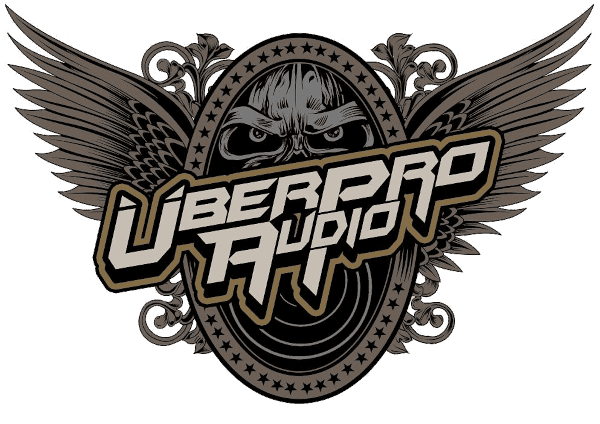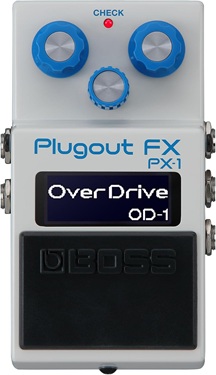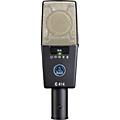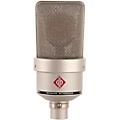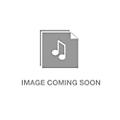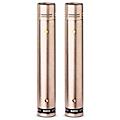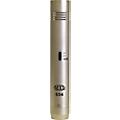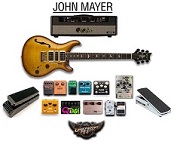I think that Elizabeth Papapetrou best described how a music dude feels when thinking about recording a piano in the studio:
"Are you ready for a challenge? Take about 240 strings; stretch them across a mutant harp; attach 88 hammers, mechanical contrivances, and keys; mount it all over a soundboard; put the whole mess in a giant wooden box; and make noise with it. Then grab a bunch of microphones and try to capture the true sound of the glorious, pulsating, ultimate acoustic music machine you've created. Intimidated yet?" - Elizabeth Papapetrou (2000)
Recording the piano certainly can be a tough task in the recording studio, but we got out the ole digital camera, some mics and stands, and our know-how, and have put together a nice little pictorial/article that should get you started on how to record a piano so it doesn't suck :)

Before we get into the details on how to record a piano, let's talk about some prerequisites. First off, you are going to need to find a piano that you can record. Maybe you can record a friend's, a local school, church, etc... If you have options, you want to find the best sounding piano you can. Upright piano's generally don't record as well as grand pianos. When you find a piano that you want to record, you need to make sure it is in tune, otherwise it needs to get tuned. Once you have found the piano, you want to checkout the room it's in. Ideally you want the piano to be in a great sounding space when you record it. If you don't like the acoustics of the space you are in, think about putting up some foam, blankets, etc... to improve the room.
You are going to need some equipment to record the piano well. The major thing you will need is a nice pair of studio condensor microphones to do a stereo recording of the piano. A matched pair is ideal. Even if you have two microphones of the same model (and they aren't perfectly matched at the manufacturer) that is great. After the mics, of course a nice signal path (preamps, digital audio converter...) is what you want.
To save you the time, here are some really nice microphones that you can get for piano recording (and they'll work great for a TON of other studio stuff too):
The AKG C414 mic is quite popular for piano recording. It is also awesome on all sorts of other sources like guitar, vocals, drums, and more. Get two of them and you will be set for a LONG time.
The Neumann TLM-103 stereo pair also would be nice, and relatively cheap (compared to the other Neumann models).
If you want to get pair of small diaphragm mics, which I highly recommend for recording piano and other stereo sources with, the Neumann KM 184 is known as "The Shit" in the music industry.
If you are on a tight budget, here are some other choices that will treat you right:
The Rode NT5 Matched pair is the choice of many recording studio owners:
If you are REALLY low on dough, the MXL 604 can be a nice choice for the job:
Alright, you got the gear, so let's check out some techniques.
